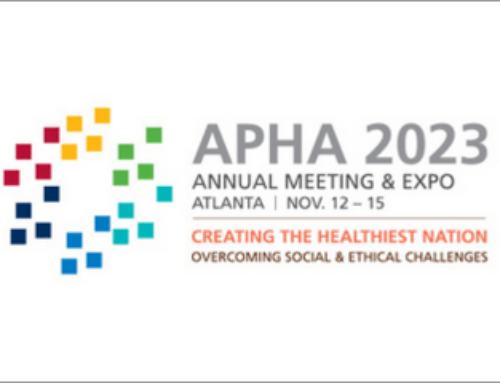Last week the U.S. Senate Committee on Appropriations approved the fiscal year 2014 Labor, Health and Human Services, Education bill by a vote of 16-14. The measure, which would provide $165.6 billion in discretionary budget authority, will now be reported to the full Senate for its consideration. Although the fate of the bill is unclear, if passed in the Senate chamber, the bill would move to the House of Representatives, where significant funding amendments would likely be proposed. The House Committee on Appropriations also will be developing its own Labor-HHS-Education appropriations bill.
According to a statement from the Senate Committee on Appropriations, the Labor-HHS-Education bill for fiscal year 2014 allocates $30.955 billion to fund biomedical research at the National Institutes of Health (NIH), which would represent an increase of $307 million from the fiscal year 2013 enacted level. Other specific allocations in the bill include:
- $640 million for healthcare fraud and abuse control activities at the Centers for Medicare & Medicaid Services (CMS), which is more than double the fiscal year 2013 level of $309 million
- $119 million in new funding to increase access to mental health services
- $50 million, five times the fiscal year 2013 level, for the Cures Acceleration Network, an NIH initiative intended to help speed the translation and application of discoveries that have shown signs of success at the laboratory level but have not advanced far enough to attract significant investments from the private sector.
- $40 million for the new Brain Research through Application of Innovative Neurotechnologies (BRAIN) Initiative
- $20 million for a new Alzheimer’s Disease Initiative
- $10 million to research and implement evidence-based approaches to preventing elderly falls








